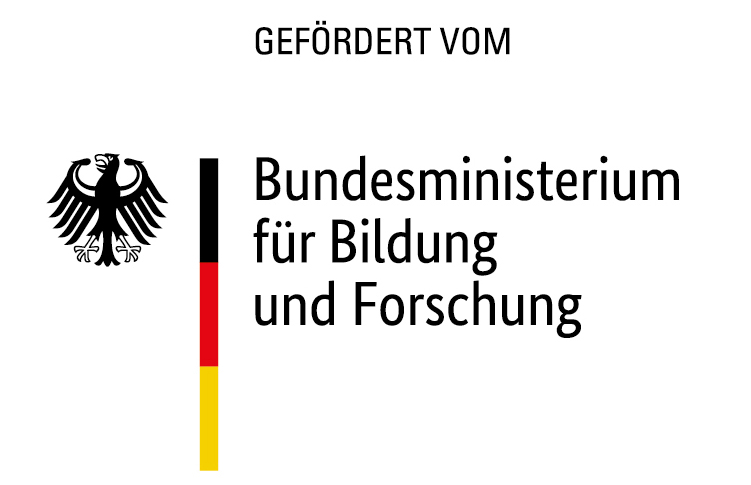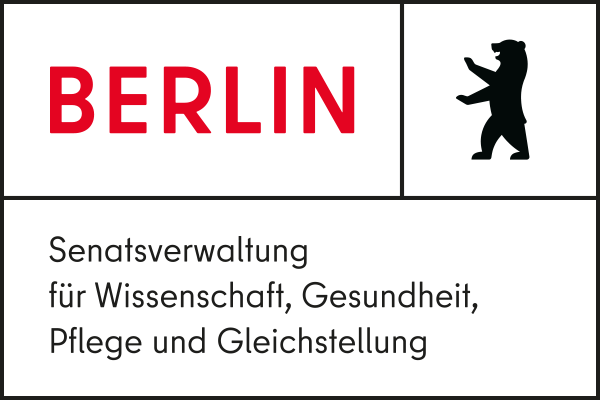19
Januar
2026
9:00 - 10:00 Uhr // 9 - 10 a.m.
Dr. Rita Mayrhofer, Barbara Strauch
online
Macht- & Hierarchiekritisches Kollaborieren in transdisziplinären Forschungsprojekten (Webinar)
+++ This webinar will be held in German. / Dieses Webinar findet auf Deutsch statt. +++Zusammenfassung:
In der Zusammenarbeit transdisziplinär forschender Wissenschaftler*innen und Praxisparter*innen begegnen sich ergänzende und teilweise stark unterscheidende Perspektiven auf gesellschaftlich relevante Problemstellungen. Es sind eben diese pluralen Expertisen, in denen die Qualität der transdisziplinären Forschung gedeiht – gleichzeitig bietet das Aufeinandertreffen von Akteur*innen aus unterschiedlichen Erfahrungskontexten und Communities viel Raum, in dem die Verteilung von Macht und Hierarchien nicht ausreichend kritisch hinterfragt wird. Als Hilfestellung, um Machtdynamiken beispielsweise in gemeinsamen Entscheidungsprozessen bewusst zu reflektieren und in nächsten Schritten auf Augenhöhe miteinander zu kollaborieren, vermittelt dieses Webinar einige Einblicke in die Anwendung soziokratischer Modelle in der transdisziplinären und partizipativen Forschungspraxis.
Ausgehend von Best Practice Beispielen aus der eigenen, langjährigen Zusammenarbeit in partizipativen, machtkritischen Forschungsprojekten, führt das Referent*innen-Duo aus Wissenschaft & Praxis die Teilnehmer*innen in diesem Webinar in die Grundzüge der Soziokratie ein. Sie legen Vorteile und Herausforderungen offen und zeigen dabei auf, wie wir mit Hierarchien konstruktiv umgehen können, um gegenseitige und gemeinsame Ermächtigung statt Machtspiele innerhalb eines Projektteams zu fördern.
Ziel des Webinars ist es, die Anwendung soziokratischer Methoden und Strukturen und ihre Wirkung im Forschungskontext anhand der exemplarischen Fallbeispiele kennenzulernen und erste Überlegungen zur Anwendung der Modelle in der eigenen Forschung zu unternehmen. Hierfür werden anschließend die Prinzipien der Soziokratie und ihre Umsetzung in unterschiedlichen Settings entsprechend des eigenen Forschungsalltags der Teilnehmenden beispielhaft angewandt und diskutiert.
Über die Trainerinnen:
Dr. Rita Mayrhofer (sie/ihr) forscht und lehrt als Senior Scientist an der Universität für Bodenkultur Wien mit Schwerpunkt Planung, Partizipation und politisches Handeln. Sie ist derzeit Obfrau des SoZeÖ und Soziokratie Botschafterin, sie hat die SKM acht Jahre lang in einer selbstorganisierten Schule implementiert, weiterentwickelt und gesichert. An den beiden Projekten Sociocratic Neighourhood Circles (SONEC) und Soziokratische Konsultation (SoCool) hat sie maßgeblich mitgearbeitet.
Barbara Strauch (sie/ihr) ist Mit-Gründerin des SoZeÖ und hat dort die Ausbildung für Soziokratie Expertinnen für den deutschsprachigen Raum entwickelt. Sie hat seit 2012 bei mehr als 40 SKM-Einführungsprozessen in Organisationen und Unternehmen persönlich mitgewirkt und hat das Standardwerk “Soziokratie. Organisationsstrukturen zur Stärkung von Beteiligung und Mitverantwortung des Einzelnen in Unternehmen, Politik und Gesellschaft” geschrieben. Sie hat die Projekte SONEC und SchaltWerk geleitet.
Das Soziokratie Zentrum Österreich (SoZeÖ) ist eine gemeinnützige Organisation deren Erwachsenenbildungsangebot die Vermittlung und Erhöhung der Handlungskompetenz von Menschen anstrebt, die in partizipativ-demokratischen Entscheidungsprozessen in Vereinen, Firmen und anderen Organisationen eingebunden sind oder diese weiterentwickeln möchten. Dabei legt es Wert auf eine qualitätsgesicherte Ausbildung von Multiplikator*innen, Gesprächsleiter*innen, Internen SKM-Trainer*innen und Soziokratie-Berater*innen – CSE (Certified Sociocracy Experts).
Grundlegende Informationen:
Das Seminar ist für TDR-Intermediates aber auch Beginners ausgelegt. Angehörige aller Statusgruppen aus den Verbundpartner*innen der Berlin University Alliance sind eingeladen. Gäste aus anderen Einrichtungen sind willkommen.
Gefördert vom Bundesministerium für Bildung und Forschung (BMBF) und dem Land Berlin im Rahmen der Exzellenzstrategie von Bund und Ländern






